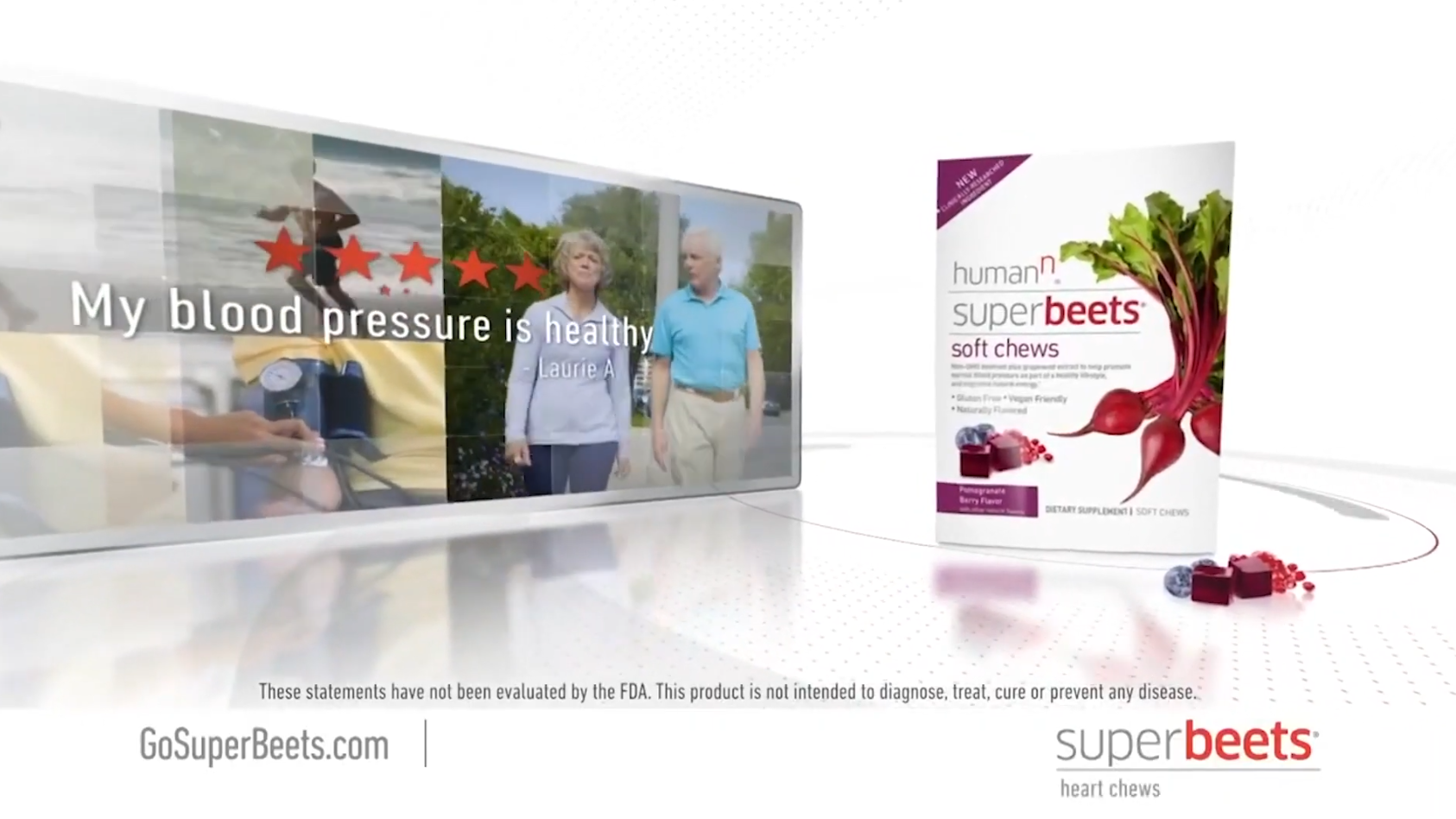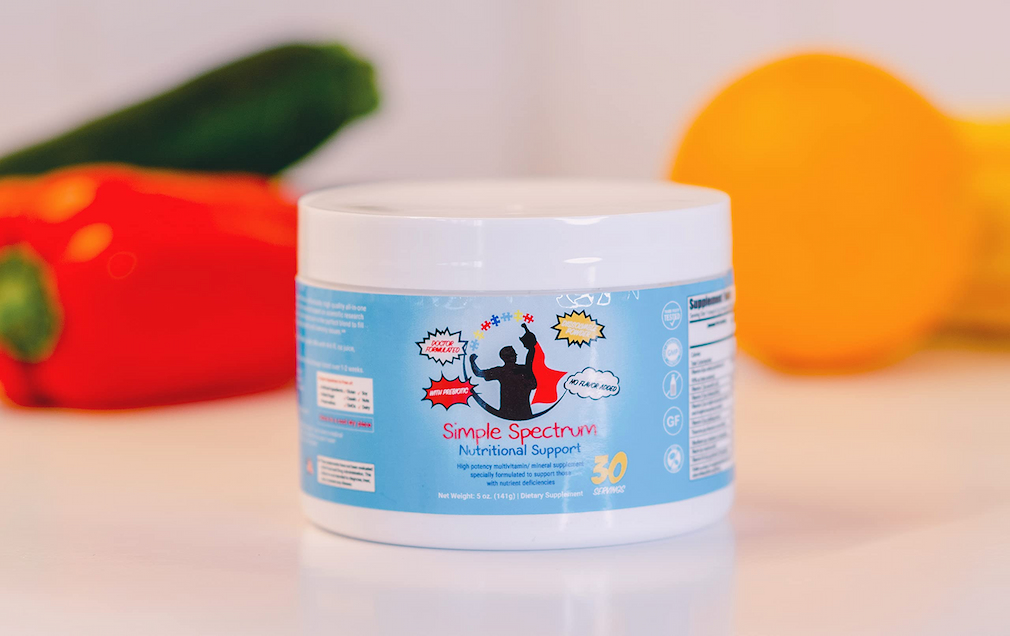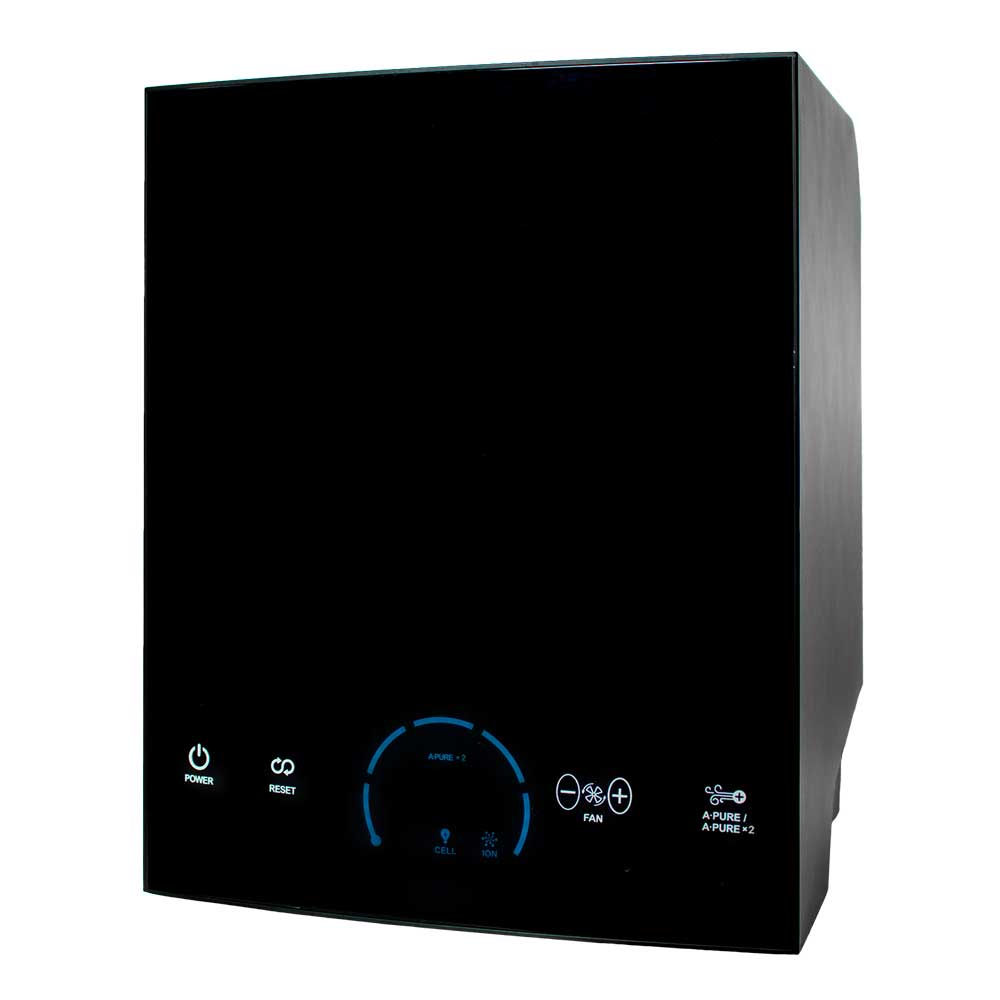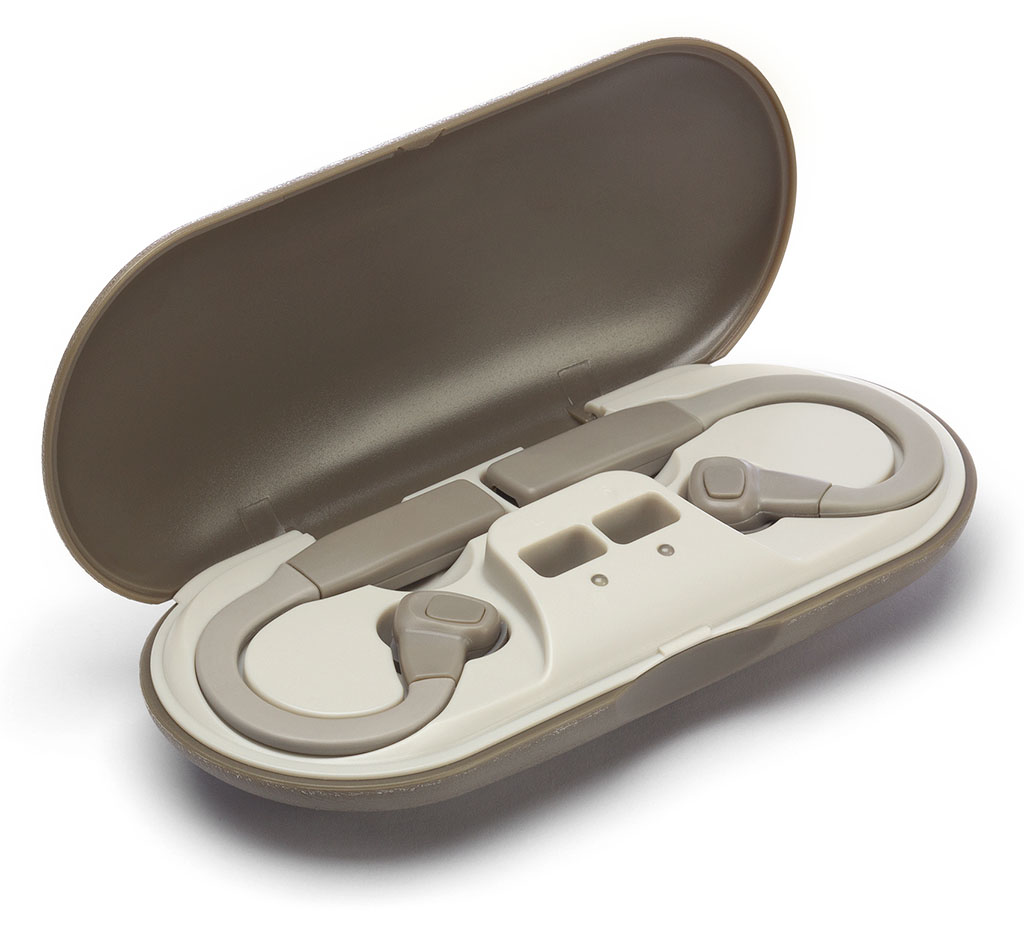
SuperBeets
TINA.org zooms in on the fine print in ad for “heart chews.”
Simple Spectrum is marketed as an “autism supplement” specially formulated to address the nutritional needs of individuals with the developmental disorder. Parent testimonials on the supplement’s website claim the product improved their children’s speech issues (“He was non verbal …. Now he is just like any other kid and happy and talks nonstop.”), socialization skills (“My autistic son has made so much progress with his playing and wanting to socialize with others since starting Simple Spectrum.)” and behavior (“She is much less impulsive and seems more able to focus.”).
However, pursuant to the FDA, claims that a product can treat autism or even the symptoms of autism, are drug claims requiring FDA approval, which Simple Spectrum admits in a disclaimer at the very bottom of its website it doesn’t have:
These statements haven’t been evaluated by the FDA. This product is not intended to diagnose, treat, cure, or prevent any disease.
Another red flag? Simple Spectrum doesn’t offer any product studies on its website to support its autism claims, which were flagged by a consumer who then contacted TINA.org. Instead, the company references two ingredient studies, one of which didn’t examine several of the ingredients in Simple Spectrum, including choline and inositol. Not exactly competent and reliable scientific evidence, which is the type of substantiation the FTC generally requires for disease-treatment claims. Customer testimonials – or “consumers’ feedback” – are also no substitute for scientific evidence.
Simple Spectrum isn’t the first supplement company TINA.org has found using deceptive testimonials to target the parents of children with autism.
In 2013, TINA.org filed a complaint with the FTC, among others, against NourishLife regarding its deceptive marketing of Speak, a supplement aimed at the parents of children with speech disorders, including those associated with autism. In 2015, the FTC filed a lawsuit in federal court against the company alleging, among other things, that it deceptively marketed the supplement as able to improve the speech of children with autism and other developmental disorders, including through the use of parent testimonials. The FTC and NourishLife ultimately reached a settlement that imposed a $3.68 million judgment.
The bottom line? Families should consult with their children’s health care provider before starting any purported autism treatment.
TINA.org reached out to Simple Spectrum for comment. Check back for updates.
Find more of our coverage on supplements here.
Our Ad Alerts are not just about false and deceptive marketing issues, but may also be about ads that, although not necessarily deceptive, should be viewed with caution. Ad Alerts can also be about single issues and may not include a comprehensive list of all marketing issues relating to the brand discussed.
TINA.org zooms in on the fine print in ad for “heart chews.”
Products’ purported efficacy against COVID-19 reflects results from lab studies, not real-world studies. There’s a big difference.
Claims for company’s pink noise-emitting earbuds ring hollow.


